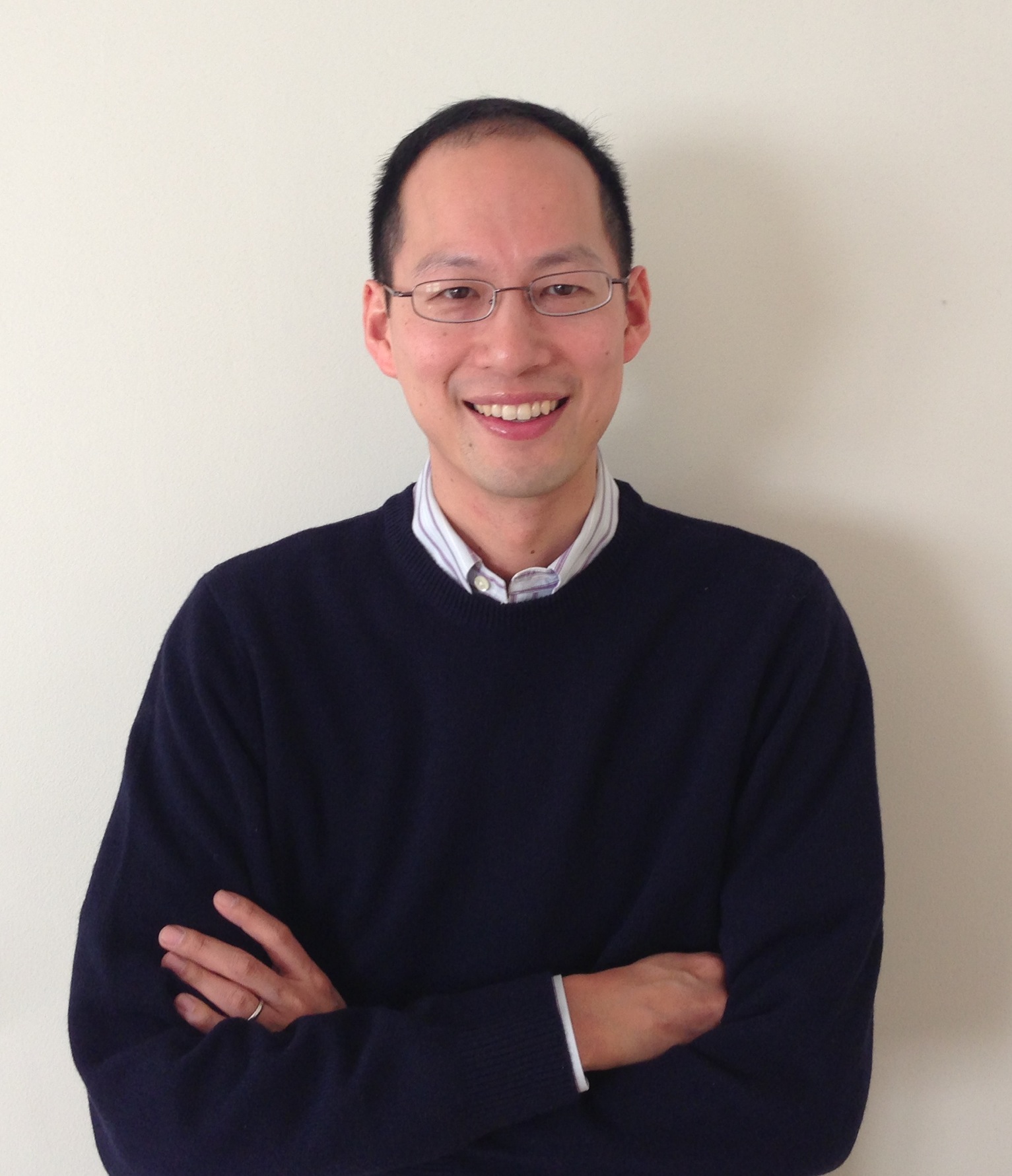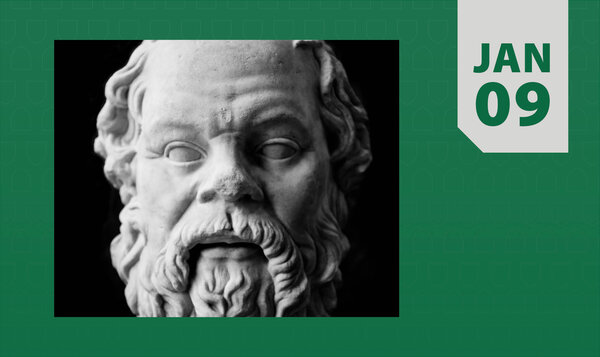
J.W.T. Spinks Lecture Series: Research Lecture
Dr. Chris Chang (PhD) to give talk titled "Activity-Based Sensing Approaches to Decipher Transition Metal Signaling"
Established in 1975, this lecture series recognizes the many contributions Dr. J.W.T. Spinks made to his departments, the University of Saskatchewan (USask) and the chemical professions, both nationally and internationally. As faculty member, department head, dean of the College of Graduate Studies and Research, university president and president emeritus, Dr. Spinks was associated with USask from 1930 until his passing in 1997.
The lecture series brings to USask eminent scientists and engineers in the fields of chemistry and chemical engineering to deliver a series of lectures and to share their knowledge and experience with students and staff. This series is run jointly with the Department of Chemical Engineering, which hosts the Spinks lectures every third year.
Lecture title: Activity-Based Sensing Approaches to Decipher Transition Metal Signaling
Date: Thursday, April 25, 2019
Time: 3:45 pm
Location: Thorvaldson 105
Lecture summary:
Traditional strategies for development of chemoselective imaging reagents rely on molecular recognition and static lock-and-key binding to achieve high specificity. We are advancing an alternative approach to chemical probe design, termed activity-based sensing (ABS), in which we exploit inherent differences in chemical reactivity as a foundation for distinguishing between chemical analytes that are similar in shape and size within complex biological systems. This presentation will focus on activity-based sensing approaches to develop new fluorescent probes for transition metals and reactive oxygen, sulfur and carbon species and their signal/stress contributions to basic behaviours like eating and sleeping.
Speaker bio:
Dr. Chris Chang is the Class of 1942 Chair Professor of Chemistry and Molecular and Cell Biology and Howard Hughes Medical Institute investigator at University of California, Berkeley, and faculty scientist at Lawrence Berkeley National Laboratory. Research in the Chang group focuses on the study of metals in biology and energy, with particular interests in neuroscience, metabolism and artificial photosynthesis. His lab has made fundamental discoveries in inorganic and biological chemistry through developing activity-based sensing probes to open a field of transition metal signaling, exemplified by identifying copper and hydrogen peroxide signals that regulate processes spanning neural activity to fat metabolism. The discovery of copper signaling establishes a new paradigm for metals in biology, expanding the roles of redox transition metals beyond metabolic cofactors. Chang's lab has also advanced artificial photosynthesis through bioinorganic catalyst design.


